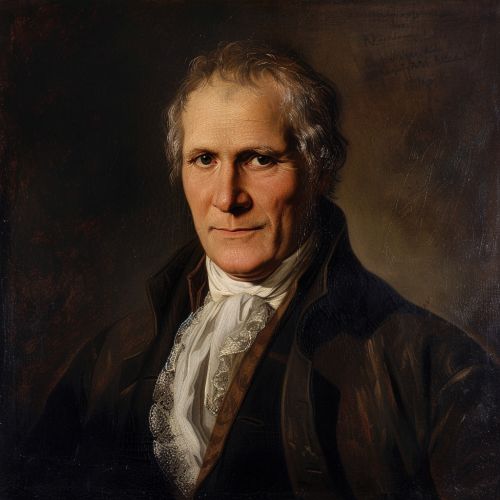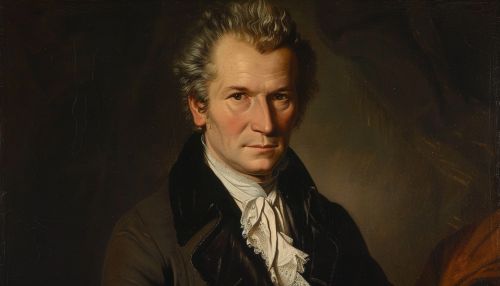Alexander von Humboldt
Early Life
Alexander von Humboldt was born on September 14, 1769, in Berlin, Prussian Kingdom. He was the younger of two brothers. His father, Alexander Georg von Humboldt, was a military officer who served in the Prussian Army. His mother, Maria Elisabeth Colomb, was of French Huguenot descent.
Education
Humboldt's early education was conducted at home by private tutors. He later attended the University of Frankfurt (Oder) where he studied finance. However, his interest in natural sciences led him to pursue further studies at the University of Göttingen, where he studied geology and mineralogy.
Career
Humboldt's career began in the Prussian civil service, but his passion for exploration led him to resign from his post and embark on a series of expeditions. His first major expedition was to South America, specifically to what is now Venezuela, Colombia, Ecuador, Peru, Mexico, and Cuba. During this expedition, Humboldt made significant contributions to various fields of science, including botany, zoology, climatology, oceanography, and geography.
Contributions to Science
Humboldt's contributions to science are numerous and varied. He is often considered the father of modern geography due to his quantitative work on botanical geography. His work in this field laid the foundation for the field of biogeography. Humboldt's work in climatology, particularly his concept of isotherms, is another significant contribution. His work in geology, including his studies of volcanoes and his theory of the Earth's crust, also had a significant impact on the field.
Later Life and Death
In his later life, Humboldt settled in Berlin, where he continued his scientific research and writing. He died on May 6, 1859, and was buried in the family cemetery in Tegel, a district of Berlin.
Legacy
Humboldt's legacy is vast and enduring. His work has had a significant impact on many fields of science, and his approach to exploration and understanding the natural world has influenced generations of scientists and explorers.


